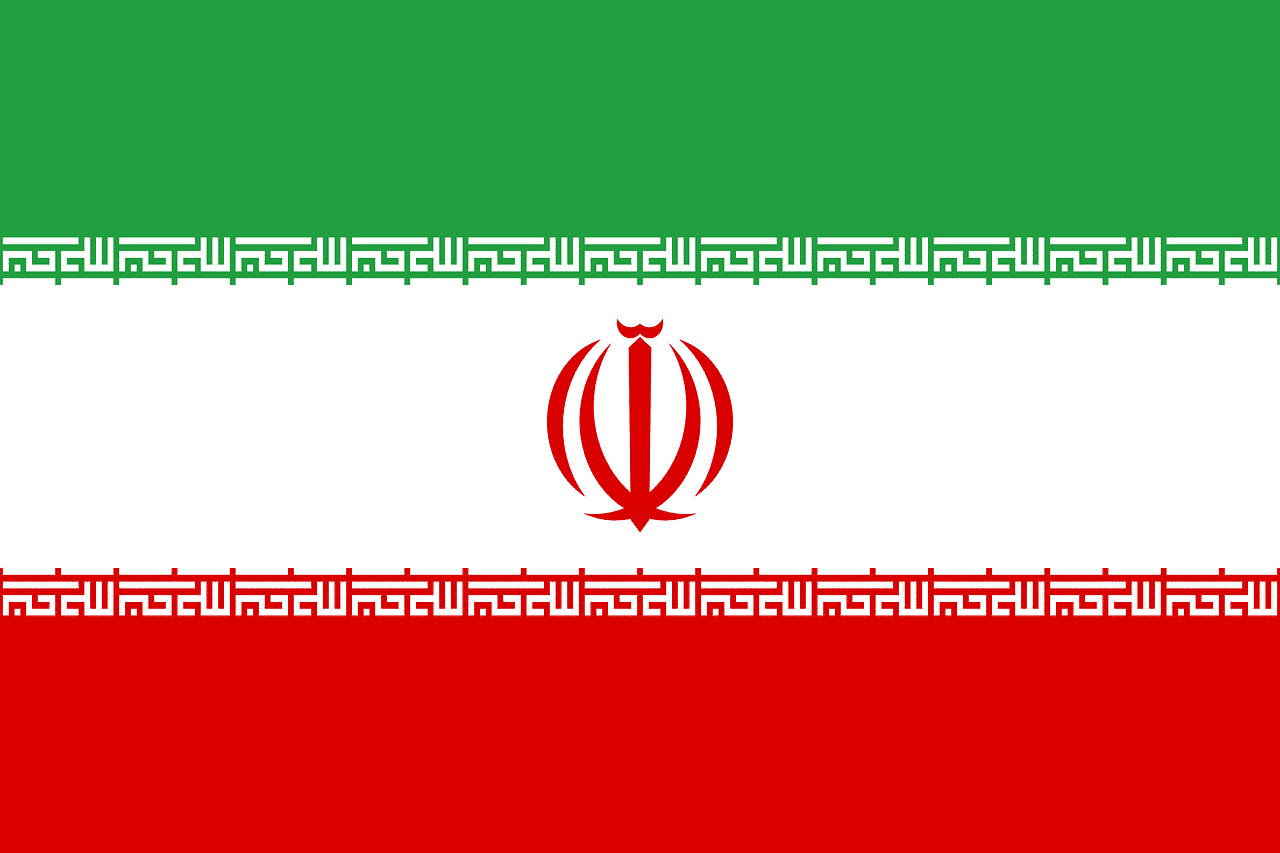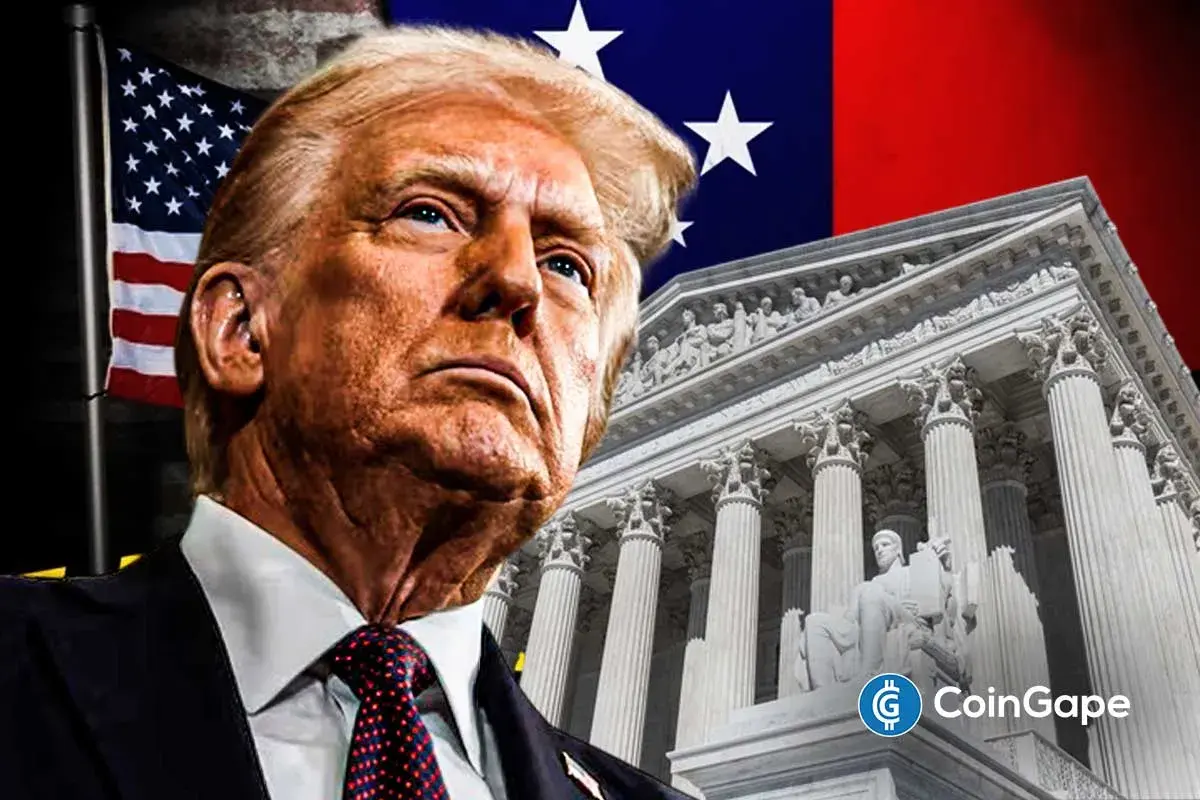Companies in Iran can now use Bitcoin (BTC) for International Trade

The Central Bank of Iran (CBI) plans to allow cryptocurrencies to be used for international trade in the Middle Eastern country. According to a local report, the CBI has reached an agreement with the country’s Ministry of Trade to integrate crypto payments for Iranian business.
Iran’s forex market to use crypto
According to a report by the Mehr News agency, the Iranian Ministry of Trade has reached an agreement with the Central Bank of Iran to allow cryptocurrencies to be used for international settlements. Iran’s deputy minister of Industry, Mines, and Trade and head of Iran’s Trade Promotion Organisation, Alireza Peyman-Pak, said that the agreement is expected to be implemented within the next two weeks.
We are finalizing a mechanism for operations of the system. This should provide new opportunities for importers and exporters to use cryptocurrencies in their international deals. Mehr News quoted Peyman-Pak saying.
In addition to allowing “private” owned cryptocurrencies to be used, the minister also revealed that the central bank is also working on an in-house cryptocurrency – a Central Bank Digital Currency (CBDC). He emphasized that crypto and blockchain technology has benefits that the country cannot ignore. This is because crypto is becoming widely accepted and is not controlled by any single entity. He pointed that Iran’s trade partners including Russia, China, India, and Southeast Asia, “using cryptocurrencies is common.”
All economic actors can use these cryptocurrencies… Since the cryptocurrency market is done on credit, our economic actors can easily use it and use it widely, Peyman-Pak said
Authorities continue to pushback Crypto-related activities, but adoption amongst Iranians surge
The government of Iran has in some ways been very accepting of cryptocurrencies. Iran legalized Bitcoin mining back in 2019. The country has also implemented a policy that allows financial institutions to use Bitcoin’s mined within the shores of the country to be used for trades.
Among the country’s citizens as well, crypto adoption has been increasing. According to a recent survey, up to 12 million Iranians hold various cryptocurrencies. Iranians turned to crypto to help it fight the heavy sanctions from the US that has affected their economy in many ways.
However, the crypto industry still faces challenges in the country. One major challenge is that there are no concrete crypto regulations in place. This has been affecting both Bitcoin miners and traders. Bitcoin mining was banned twice in 2021 to free up energy for household use. The second ban which was imposed last month will last till March this year.
- TRUMP Coin Pumps 5% as Canary Capital Amends ETF Filing With New Details
- Crypto Prices Surge Today: BTC, ETH, XRP, SOL Soar Despite US Government Shutdown
- CLARITY Act: Crypto Group Challenges Banks Proposal With Its Own Bill Suggestions
- Trump’s Truth Social Files For Bitcoin, Ethereum, Cronos Crypto ETFs Amid Institutional Outflows
- Trump Tariffs: U.S. Supreme Court Sets February 20 for Potential Tariff Ruling
- XRP Price Prediction Ahead of Potential U.S. Government Shutdown Today
- Bitcoin Price Outlook As Gold And Silver Lose $3.6 Trillion in Market Value
- XRP and Ethereum Price Prediction as Trump Seeks to Lower Key Tariffs
- Solana Price Prediction as $2.6 Trillion Citi Expands Tokenized Products to SOL
- Bitcoin Price Could Fall to $50,000, Standard Chartered Says — Is a Crash Coming?
- Cardano Price Prediction Ahead of Midnight Mainnet Launch


















